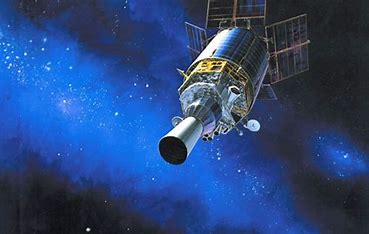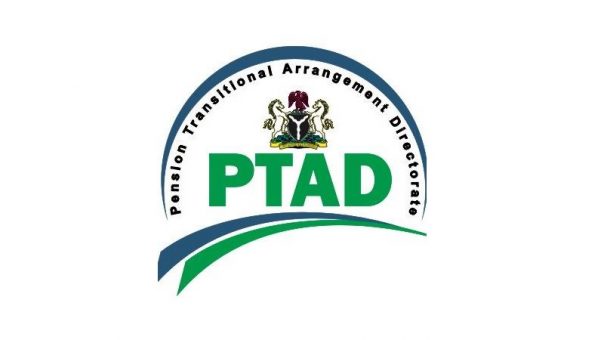
The Federal Government of Nigeria is set to regulate and license players in the space sector as part of its efforts to boost revenue generation, according to the Minister of Innovation, Science, and Technology, Chief Uche Nnaji. He made this announcement during the inauguration of the Advanced Unmanned Aerial Vehicles Laboratory (AUAVL) by the National Space Research and Development Agency (NASRDA) in Abuja on Thursday, which marked the 25th anniversary of Nigeria’s presence in space.
Nnaji emphasized that the regulation would cover the upstream, mainstream, and part of the downstream sectors of space, which he described as a significant milestone under President Bola Tinubu’s administration. He highlighted that satellite technology would play a key role in monitoring illegal activities across various sectors of the economy, such as detecting oil and gas sector violations, monitoring pipeline leakages, and combating pipeline vandalism. He also mentioned that satellites would be used to monitor ships entering Nigerian ports, identifying cases where ships do not pay required fees by turning off their ignitions. According to Nnaji, these efforts could also benefit agriculture and help track earth movements.
Matthew Adepoju, the Director-General of NASRDA, stressed the agency’s commitment to deploying space-related innovations and collaborating with the private sector to further develop Nigeria’s space ecosystem. He also noted that the agency’s research and breakthroughs were aimed at generating products and services that would directly benefit the nation’s economy, particularly in sectors like security and agriculture. Adepoju revealed that NASRDA was working closely with Nigeria Communication Satellite Limited and the Defence Space Administration to foster stronger cooperation within the space sector.
The Director and Coordinator of the AUAVL, Chichebe Akachukwu, highlighted that the laboratory’s creation aligned with the implementation of the Presidential Executive Order 005, which aims to promote local content development. He revealed that the drones used by the agency are designed for precision agriculture and environmental monitoring, with some parts locally sourced and others procured internationally. These drones, which can also monitor pipelines and perform long-distance missions, are intended to optimize agricultural yields and support various surveillance activities.
The inauguration event also featured the launch of NASRDA’s International Journal of Space Technology and Earth Sciences, a publication aimed at further promoting space technology and research in Nigeria. Mrs. Esuabana Nko-Asanye, Permanent Secretary of the Ministry of Innovation, Science, and Technology, led the launch.





